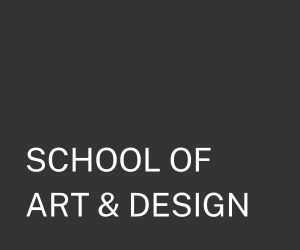Tintin Wulia at Art Stage Singapore
/Tintin Wulia, Untold Movements Act 1 – Neitherland, Whitherland, Hitherland, 2015, installation view; 32-channel sound installation, dimensions variable; image courtesy the artist and Milani Gallery, Brisbane
It’s not what we come to expect from an art fair, the darkened recesses of Tintin Wulia’s Untold Movements – Act 1: Neitherland, Whitherland, Hitherland (2015), which features in the curated Southeast Asia Forum’s ‘Net Present Value: Art, Capital, Futures’, showing as part of the current 2017 edition of Art Stage Singapore (until 15 January).
Voices cry out in the cavernous space – plangent, philosophical – expressing doubt and uncertainty, and slipping from the singular to the universal, their location and identity unknown. ‘There is no single way to describe my part of the world,’ says one. ‘There must be a way out of this,’ says another. Within the context of an art fair, where both artworks and the nationality of artists are traded and fixed, such fluidity is a refreshing (and essential) counterpoint.
‘When I was born, god didn’t play dice,’ says the artist on her YouTube video, How Tintin became The Most International Artist in the Universe (see www.tintinwulia.com). ‘He saw all the possibilities and created parallel universes.’ Born in Denpasar and more recently based in Brisbane, Wulia’s interdisciplinary work (which will represent Indonesia at this year’s Venice Biennale) speaks of the shadow land of globalisation, of souls lost in displacement and hovering between states and national borders.
Untold Movements was commissioned by Sydney’s 4A Centre for Contemporary Asian Art in 2015 (with assistance from The Keir Foundation) and comprises a 32-channel sound installation employing some 15 narrative voices among which audiences must wander, snatching at fragments of personal histories – hinting at the artist’s own experience of being deported from Germany on suspicions of illegal entry, but also inspired by Wulia’s encounters with other stories of displacement, including a Melbourne taxi driver dreaming of life in the Middle East and the Indonesian writer Sobron Aidit (1934 – 2007), exiled in China during the political tumult of 1965.
Just when audiences gain intimacy with these disparate voices and stories, their narratives are further fragmented by the sound of fireworks (or are they gun shots?) which erupt and echo through the darkness, dispelling the possibility of any single truth – only multiplicity has meaning. It’s a sobering thought for audiences as they step out into the unblinking light of the fair.
Michael Fitzgerald, Editor



















